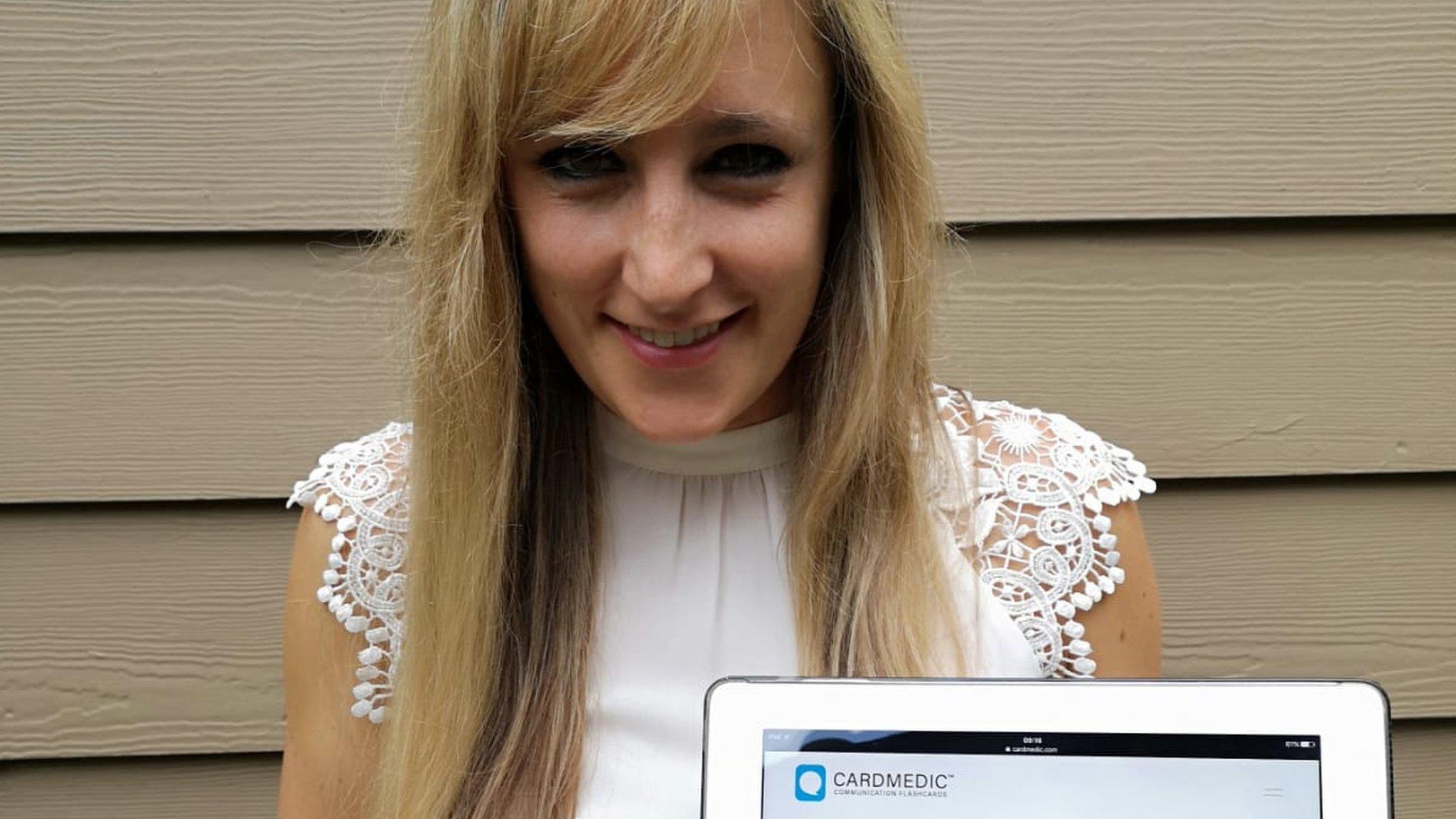Brighton doctor's Covid-19 flashcards used around the world
- Published
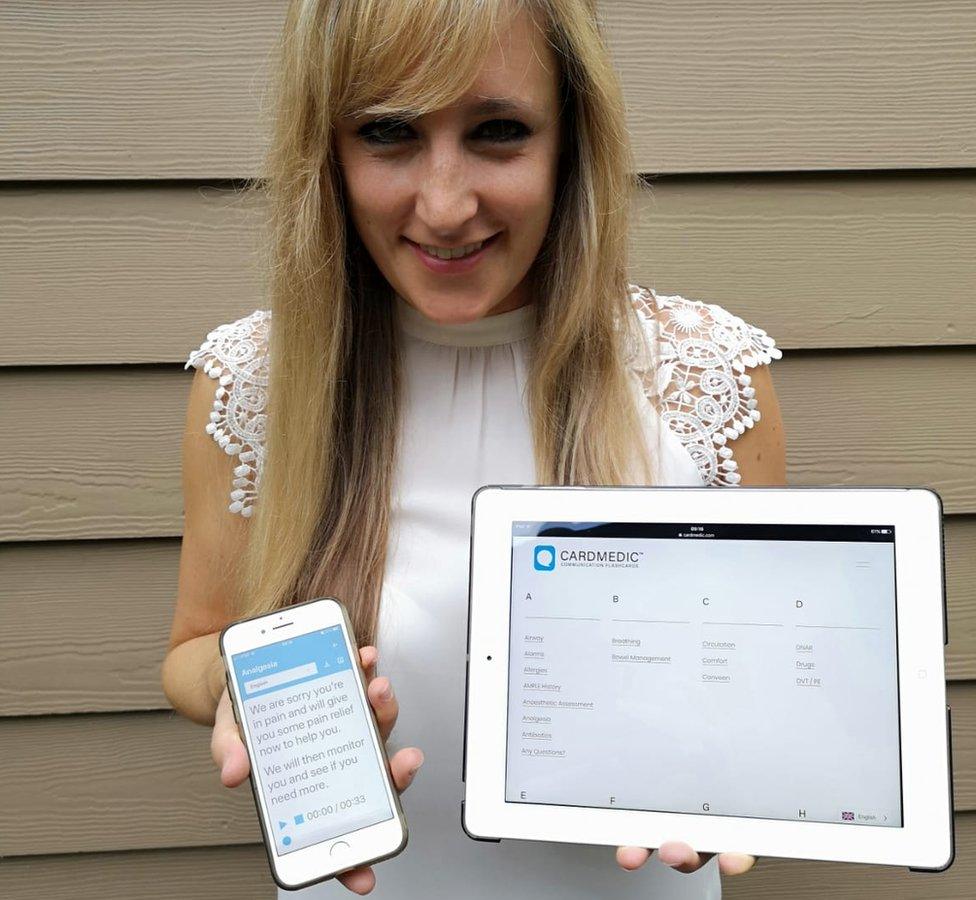
Dr Rachael Grimaldi created the cards while away from work in lockdown
Digital flashcards created by a Brighton doctor to help health workers communicate with patients while wearing PPE are now in use in 120 countries.
Rachael Grimaldi had the idea after she heard how a Covid-19 patient was unable to understand staff through the masks.
She invented cards for patients to read or hear, covering topics from breathing and comfort to end-of-life care.
Free-to-use Cardmedic, external, invented in April, now has 35,000 users and has had 11,500 app downloads.
In its first month, the scheme expanded to 50 countries, a figure that has since more than doubled.
Dr Grimaldi, a consultant anaesthetist, who is in a high-risk group and developed the cards in lockdown while away from work, said: "I thought I was going to share it with friends and hoped they'd find it useful.
"What I hadn't realised is it would end up highlighting health inequalities that are prevalent across the NHS and the world."
During lockdown, it emerged people from ethnic minority backgrounds were "disproportionately" dying with coronavirus.
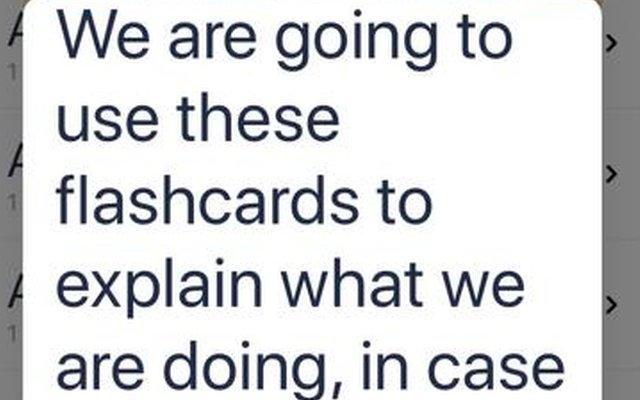
The cards, written by experts, can be used to guide the more difficult conversations
Dr Grimaldi said many patients faced language barriers, whether they were from ethnic minority backgrounds, or had come from Europe or Asia, or who did not have English as a first language - an issue made worse by PPE.
The 36-year-old mother-of-three, who worked on the scheme with medical student Scarlett Brandley, said: "With PPE, the sound is muffled, people get hot and tired, and communication is not great.
"It's hard for healthcare workers to wear it and then the additional communication barriers makes it more tiring. This makes it easier for those patient groups."
The cards have also been designed to help the deaf, visually-impaired and learning disabled, those with literacy problems and patients with cognitive impairment from conditions such as stroke and dementia.
"The pandemic really highlighted how those groups struggle generally to communicate," she said.
Work is now under way to develop the Cardmedic website to convert it to British and Irish sign language and an easy-read format.
And Dr Grimaldi is developing the government-backed scheme with Brighton university, Brighton and Sussex University Hospitals NHS Trust, and Brighton and Sussex Medical School to expand it ahead of any second wave of coronavirus - and for use beyond the pandemic.
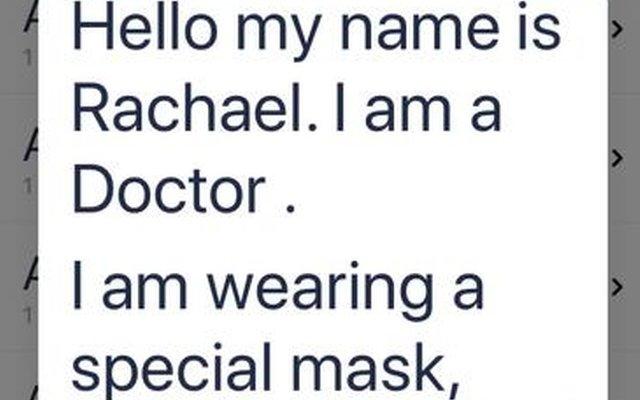
Patients can read or hear the cards in their own time and absorb the meaning sentence by sentence, Dr Grimaldi said
- Published19 June 2020
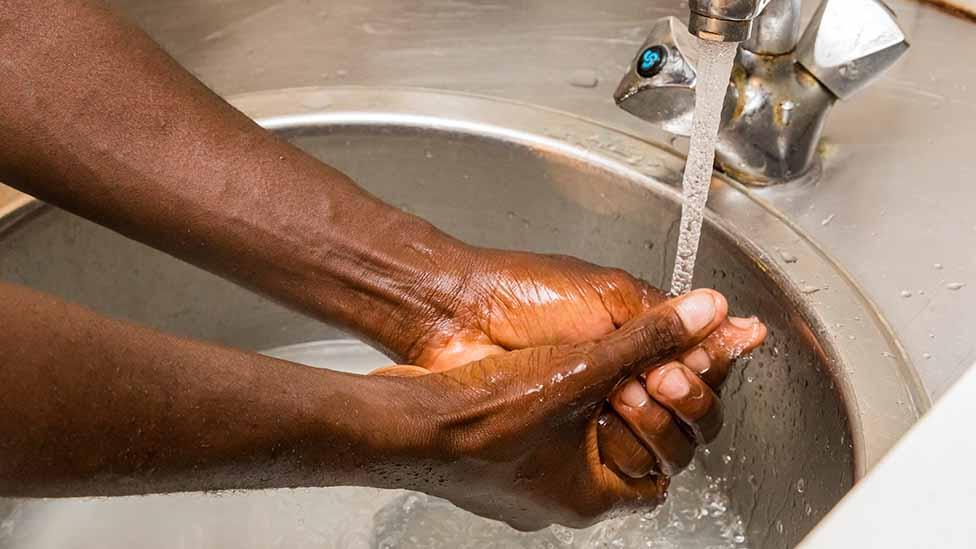
- Published17 June 2020
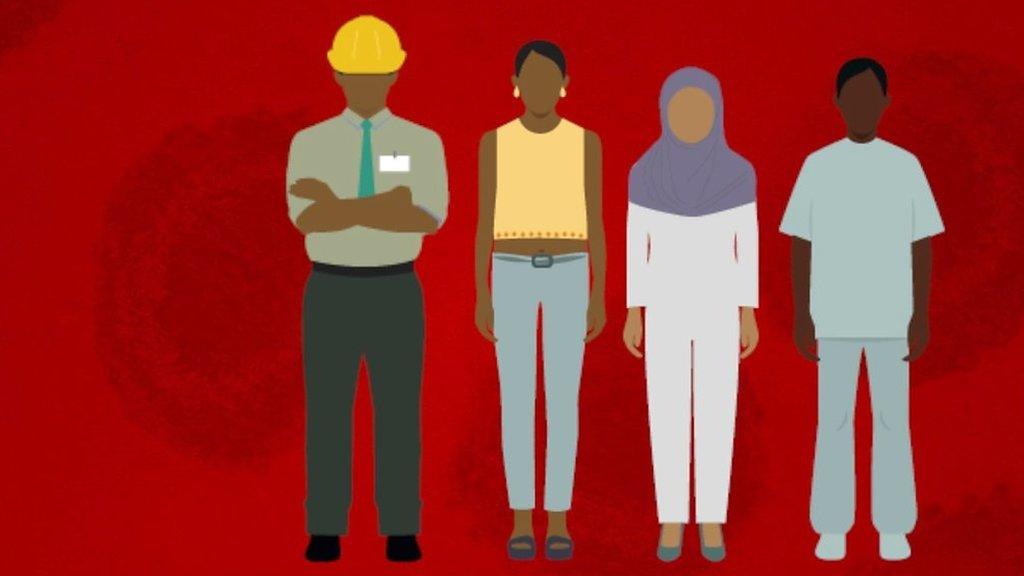
- Published13 June 2020
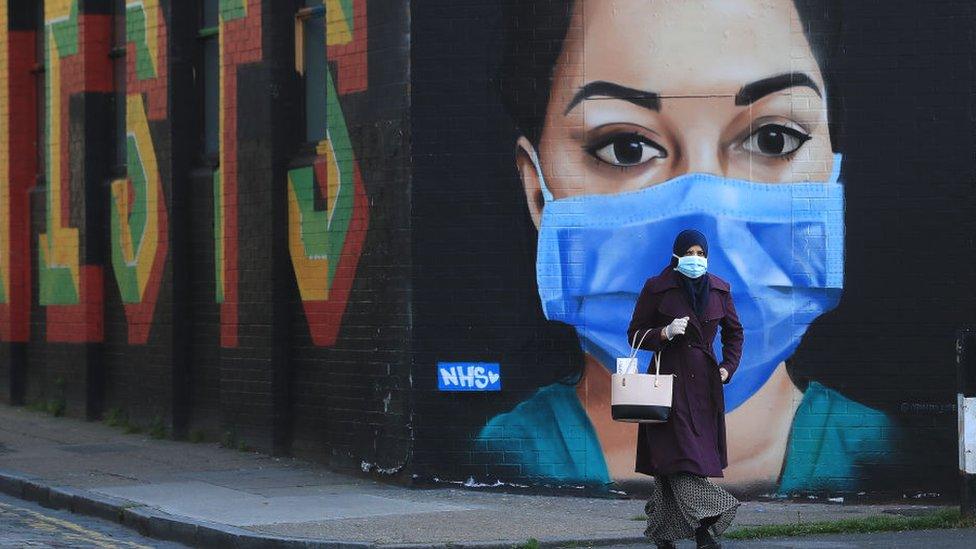
- Published27 April 2020
